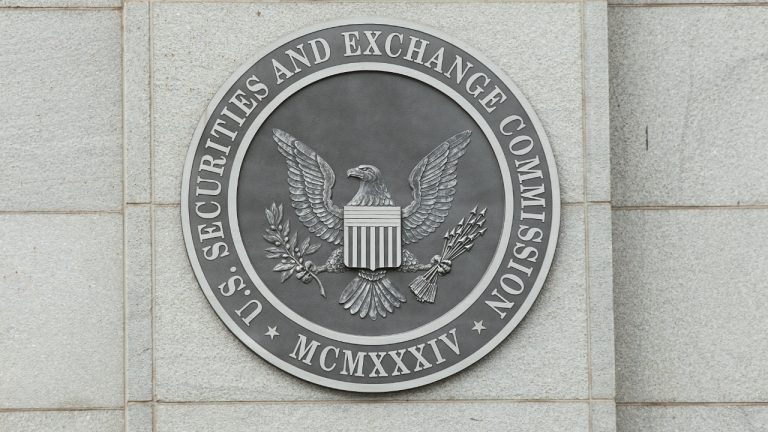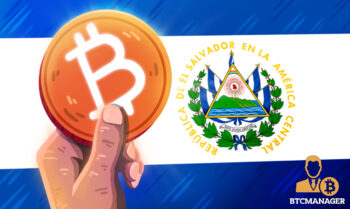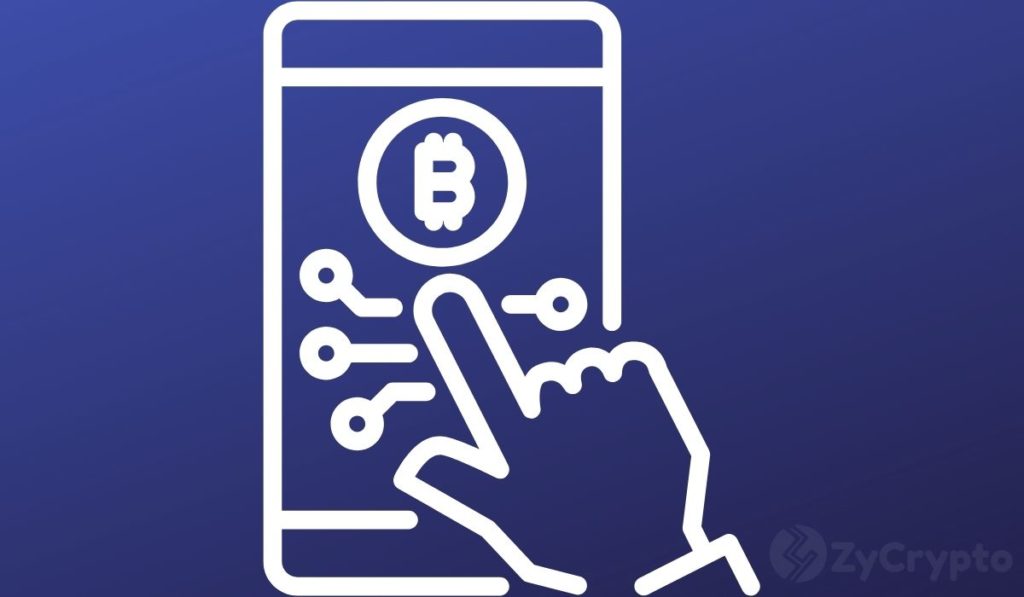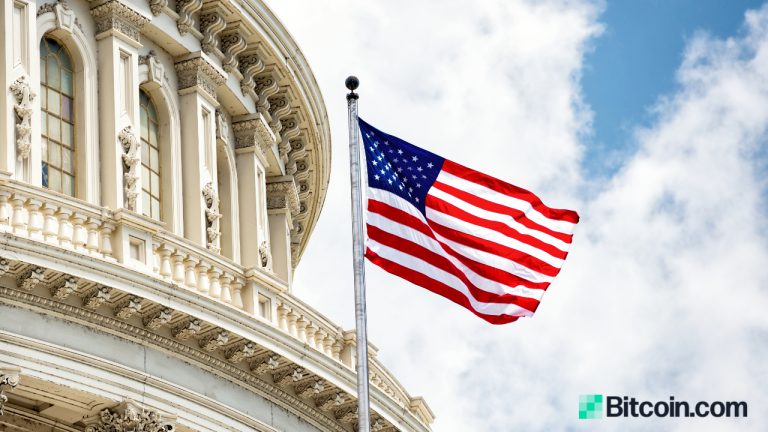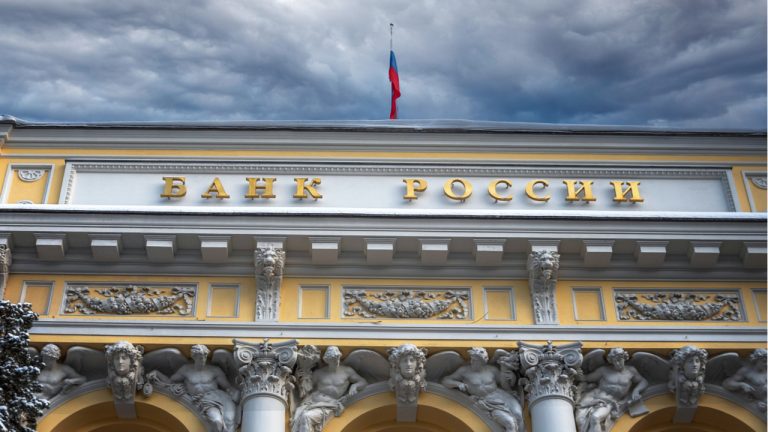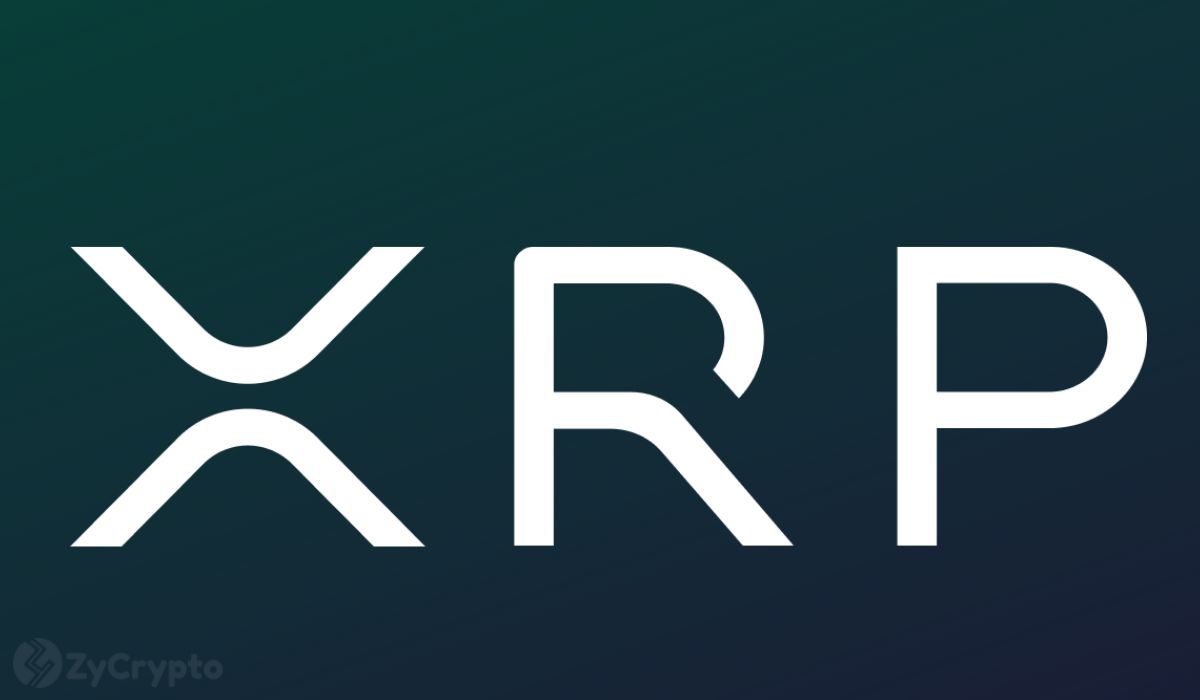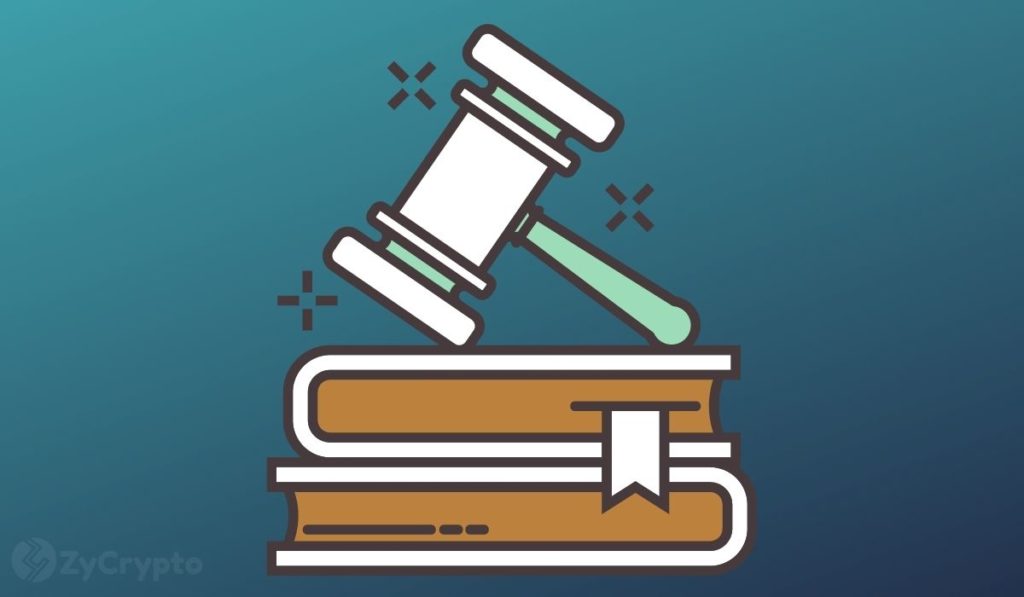
2021-8-7 23:09 |
Cryptocurrencies have received a lot of heat in recent times as governments have tried to bring the runaway “wildcat” industry under regulation. US regulatory bodies, courts, and Congress are all brainstorming how to favorably satisfy the public’s expectation of them concerning cryptocurrencies.
While crypto regulation still has a long way to go before there is clarity in the sector, two regulatory bodies in the U.S seem to be engaged in a turf war as to who should have regulatory oversight over crypto-assets like Bitcoin, Ether, XRP, e.t.c.
One of the five commissioners of the Commodity Futures Trading Commission (CFTC), Brian Quintenz, probably prompted by the recent comments of SEC Chair Gary Gensler, has stated that the SEC has no authority over cryptocurrencies.
“Just so we’re all clear here, the SEC has no authority over pure commodities or their trading venues, whether those commodities are wheat, gold, oil….or crypto assets,” Quintez remarked on Wednesday.
Remarks made by Gensler before the Aspen Security Forum event that was held on Tuesday are still being digested by the cryptocurrency community. Gensler, speaking on how cryptocurrencies regulation intersected with national security, stated that at its core the SEC had a duty to protect investors. “We focus on financial stability as well. But at our core, we’re about investor protection” adding that they, therefore, had a duty to regulate cryptocurrencies as the landscape was “rife with fraud, scams, and abuse in certain applications.”
He also points out, while suggesting that the SEC needs expanded powers, that most cryptocurrencies, asides from Bitcoin, were offered as securities by the Howey test standard, adding that such actions especially exemplified in ICOs were harmful to investors as they were not always given complete information, left prices open to manipulation and investors vulnerable.
It remains unclear which cryptocurrencies are commodities and which are securities, hence the perceived scuffle. The CFTC is to have regulatory oversight over commodities while the SEC should have over securities. Notably, a recently proposed legislation has tried to define the asset class into two categories – digital asset and digital asset security. While the efforts are encouraging, it will still be a long way off before there is a high degree of certainty as crypto-businesses overlap involvement in both kinds of crypto-assets.
Public sentiment also seems to be leaning towards the argument of the CFTC as key players in the cryptocurrency market are wary of the SEC’s prolonging of approval for cryptocurrency ETFs. However, the SEC has sympathizers, even in Congress.
Senator Elizabeth Warren who has long been vocal against cryptocurrencies has hailed Gensler’s stance on cryptocurrencies as the right one. “Cryptocurrency is the wild west of our financial system and desperately needs rules of the road to protect investors and our economy. I’m glad SEC Chair Gary Gensler agrees, and I’m going to keep pushing our regulators to act” she said.
Market observers and key players are however worried that the measure the SEC is looking to adopt, should they be too strict, could stifle innovation and weigh negatively on sentiments in the cryptocurrency market or even go as far as driving crypto innovation offshore from the US.
origin »Bitcoin price in Telegram @btc_price_every_hour
Vice Industry Token (VIT) íà Currencies.ru
|
|











